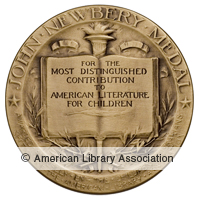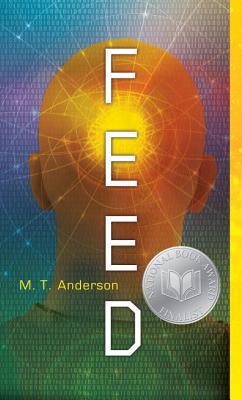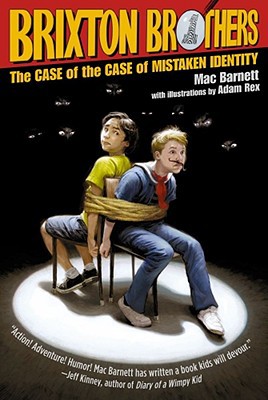
Theophilus Wibbly Philo Leavitt Bluemle, 1998-2013. Favorite pastimes: chewing sticks, chasing blowing leaves, eating asparagus on the stalk, pouncing on snowballs, munching chunks of fresh watermelon, and leaning his warm, fuzzy, sweet self against the people he loved. Photo by EB.
Josie and I are having to say goodbye to our beloved dog, Theo, and so this post is going to be a celebration of everyone’s favorite dogs in books.
There are so many amazing dog stories in children’s literature that a bookstore could devote an entire separate section to them. But that might anger the cat people, so we sprinkle them liberally throughout all the sections. (Kidding. We love cats, too.)
At a time like this, we would recommend to customers losing their pets books like Cynthia Rylant’s perfectly lovely Dog Heaven, Helen Manos’s timeless and memorable Samsara Dog, or Elisha Cooper’s cozy, gentle paean to older dogs (and it doesn’t mention losing them, which is comforting), Homer.
To get my dog joy on, I might turn to Patricia MacLachlan’s Once I Ate a Pie (worth the cover price for the title poem alone) and Underwater Dogs. Maybe listen to a Hank the Cowdog audiobook for chuckles.
There are so many great dogs in picture books that have been part of the fabric of children’s lives for decades: Carl and Clifford and Biscuit, Martha, and Harry. There are newer excellent additions, too, like Bailey, Rocket, Beau, Fudge-Fudge and Marshmallow, Howie.
There are terrific dog adventures, from the realistic to the sublimely absurd: Cracker, Balto, The Call of the Wild, The Incredible Journey, 101 Dalmatians and The Starlight Barking, Dominic, Swindle, Molly Moon.
There are dogs that become real to you, hold a place in your heart in books like Because of Winn-Dixie, Where the Red Fern Grows, Shiloh, Sounder, The Underneath. There’s the sheer wonderfulness of Love That Dog.
Oh, there are a million more beautiful, wonderful, loyal, lovely, funny, memorable dogs in books. What are your favorites?




